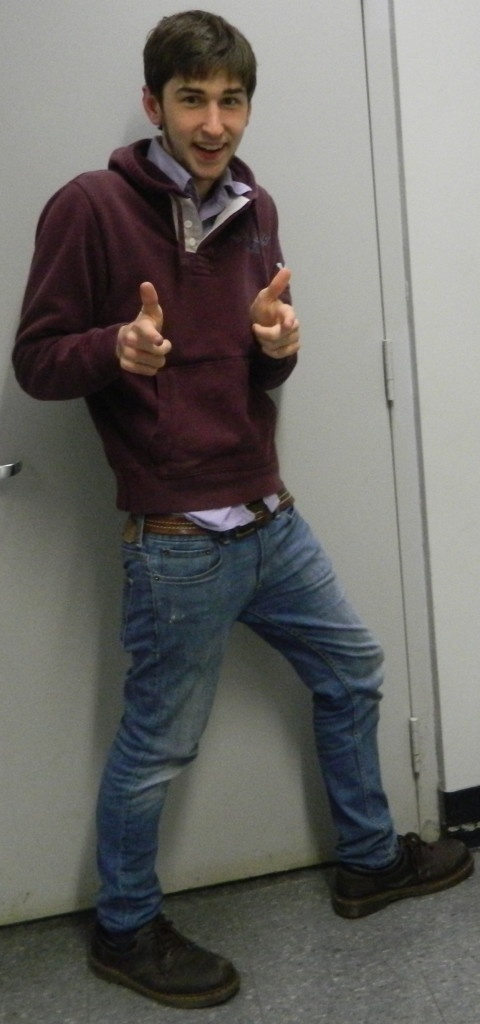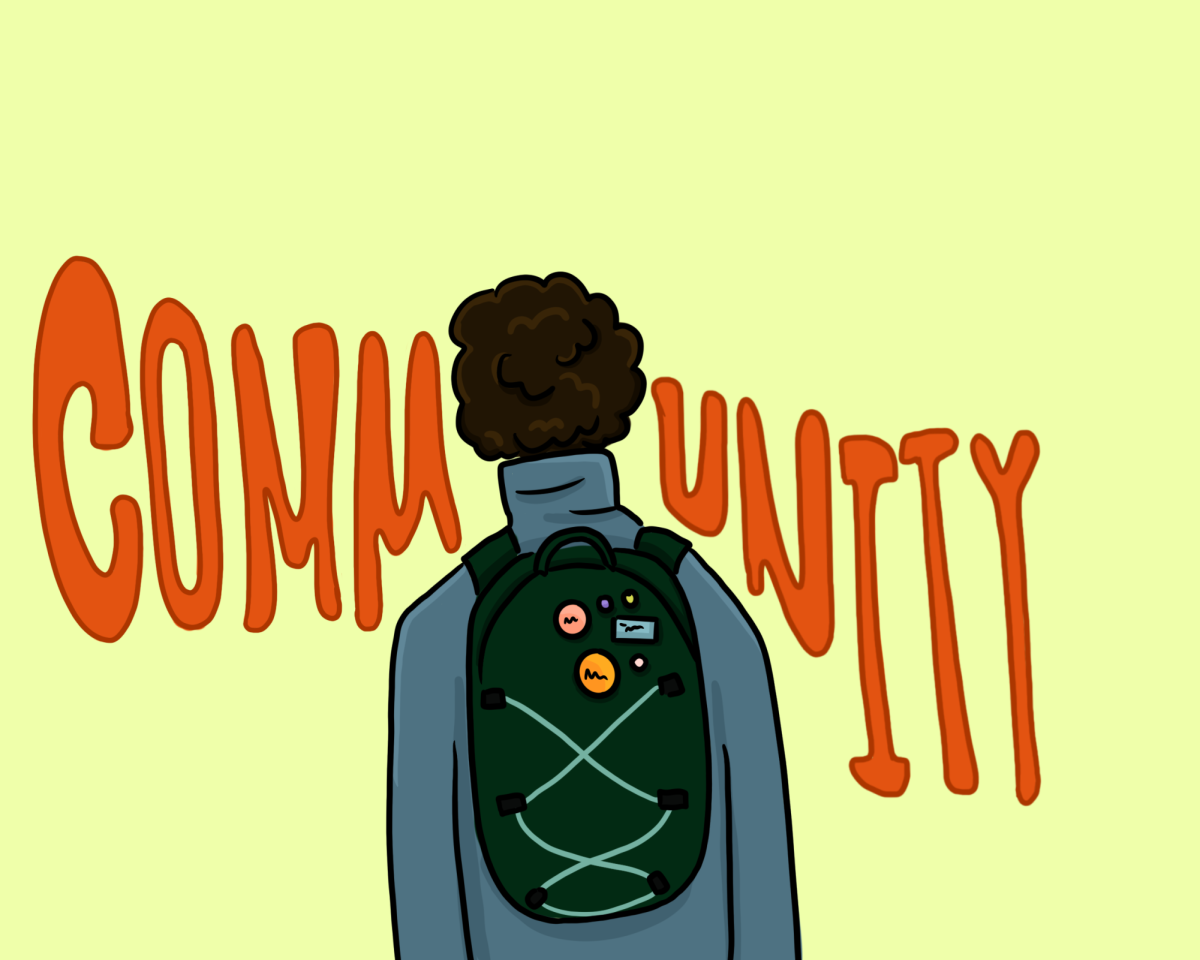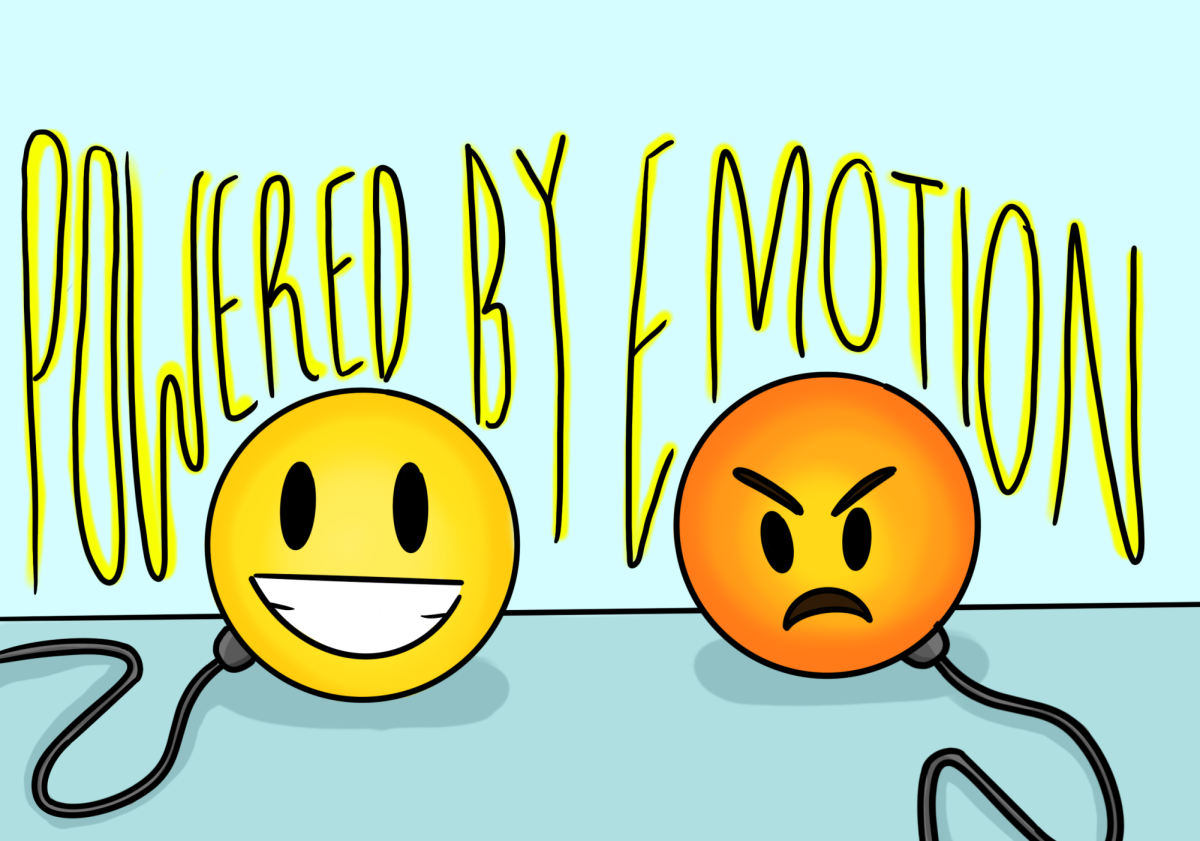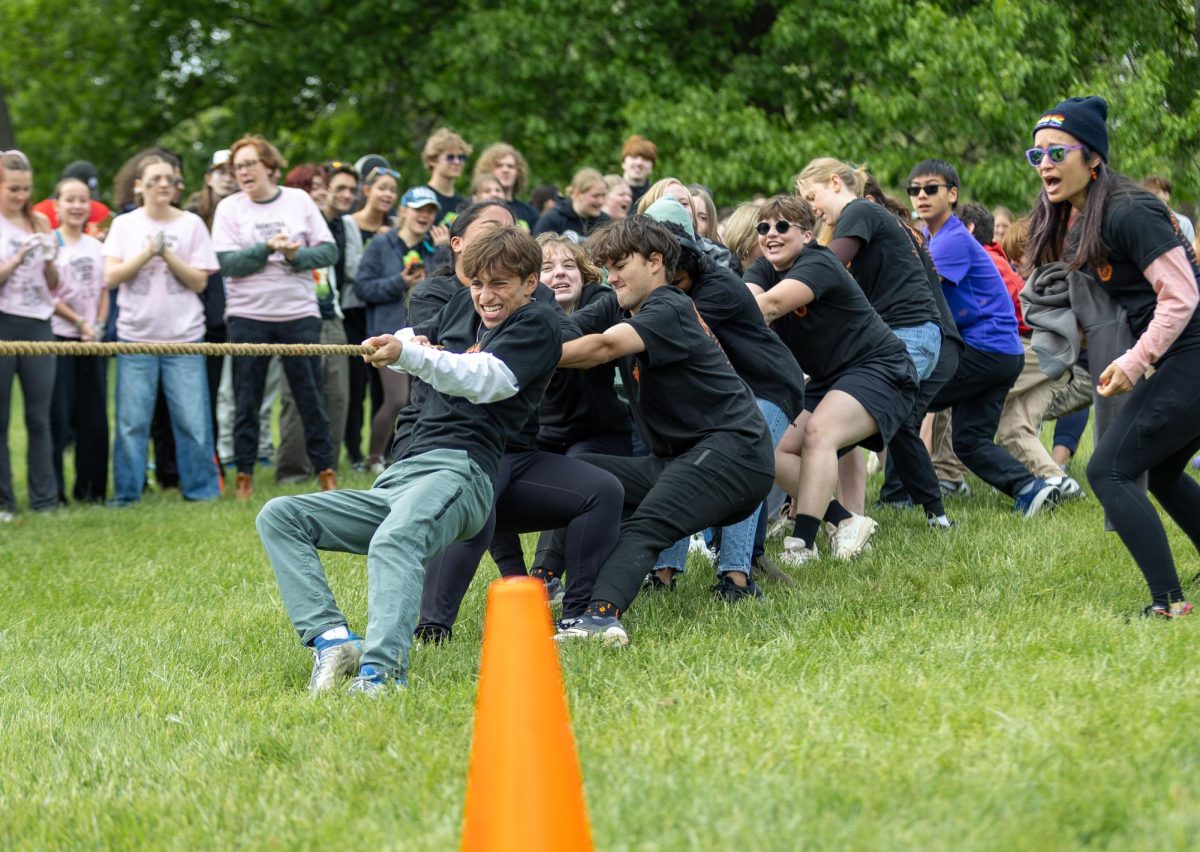 Community High School immediately distinguishes itself from other high schools by granting its students freedom to take responsibility for themselves and encourage independent learning. These standards are characterized by CHS’s emphasis on using our community resource (CR) department, which allows students to use the community as a classroom, fortifying their education with a broad range of experience. John Boshoven, CHS counselor shared the counseling office’s advice to students searching for an alternative class adventure.
Community High School immediately distinguishes itself from other high schools by granting its students freedom to take responsibility for themselves and encourage independent learning. These standards are characterized by CHS’s emphasis on using our community resource (CR) department, which allows students to use the community as a classroom, fortifying their education with a broad range of experience. John Boshoven, CHS counselor shared the counseling office’s advice to students searching for an alternative class adventure.
“We encourage using CRs for all the obvious reasons,” Boshoven said. “We recommend [that] students take classes at a variety of places — U of M, EMU, WCC, PHS, HHS, Notre Dame, Oxford, wherever!”
When CHS doesn’t offer a class, the counselors often recommend that the student consider U of M to fulfill their needs. Every semester, about 15 CHS students, mainly seniors and second semester juniors, take advantage of the university’s close proximity and academic reputation.
CHS sophomore Graham Gerdes began taking classes at the University of Michigan during his freshman year for exposure to new classes unavailable at CHS, including musicology, philosophy and currently an advanced Latin translation class.
“Students that [take U of M classes] have a real interest in a subject and are often beyond our level here. They might take an introductory CR here and then continue at U of M,” said Danelle Mosher, one of CHS’s CR monitors. “We have many students taking upper-level Spanish and other world languages, and certain honors-level math classes,”
A quality of CHS appreciated by students is its ease of communicating with teachers and its intimate environment. However, at U of M, you can quickly lose the advantage of a small class size and close interaction with classmates and teachers.
“Musicology was a lecture-based class with about 140 students. Philosophy was, too and had about 100 students,” explained Gerdes.
Despite a potentially overwhelming number of classmates, Gerdes has still been able to form bonds with some of the students at U of M.
 “The more classes I’ve been taking, the more accepted I feel,” Gerdes said. “I’ll say, ‘I had Multi-Culti at my school today,’ and then they’ll remember, ‘Oh right, you’re in high school.’ They do forget,” he shared. “I’ve made friends — we’ll talk in the halls before class and go places after class. They respect me,”
“The more classes I’ve been taking, the more accepted I feel,” Gerdes said. “I’ll say, ‘I had Multi-Culti at my school today,’ and then they’ll remember, ‘Oh right, you’re in high school.’ They do forget,” he shared. “I’ve made friends — we’ll talk in the halls before class and go places after class. They respect me,”
Because students are often referred to U of M to take specific classes, they should be aware of the differences between the two institutions, which contrast in terms of workload and time commitment expectation.
“It’s a lot harder [at U of M] to get an A — only the top ten percent of the class gets an A,” explained Gerdes. “You really have to study for exams. I don’t study much for tests [at CHS],” he admitted. “But the entire semester [at U of M] is preparation for exams,”
Boshoven weighed in on the influence of having college experience while in high school when applying to a potential college.
“Success in the college-level class will provide reassurance to an admissions office that the student is capable,” Boshoven said. “If a student has already proved this, colleges are more reassured,”
Both Gerdes and Boshoven agree that the pursuit of a college class is a worthwhile venture, whether or not it’s the only means of taking the class.
“It’s more work, so one should be prepared to handle that,” said Gerdes. “I’d say it’s a reasonable solution even if Community does offer a class in the subject area; you’ll get a more rigorous class,”
Mosher added, “Many students often take a U of M class first semester and choose not to be a part of the experience second semester. Those who take social studies classes usually only take one semester, but usually [do] for a language,” she said. “I think it depends on what their goal is,”
Boshoven and Mosher shared that students who have taken college classes often come to the CR or counseling office are pleased with their experience and are thrilled that they are able to to college-level work.
“Most [students] feel very challenged and do very well. Professors say that they are some of the best students in the class,” said Mosher. “They are very motivated, and are out to prove something,”
Boshoven noticed similar reactions from students. “They work harder than in the typical high school class. Discussion classes are enjoyable and students find their confidence levels rise significantly,” said Boshoven. “Confidence, rigor, and courage are all appreciated by colleges.”










